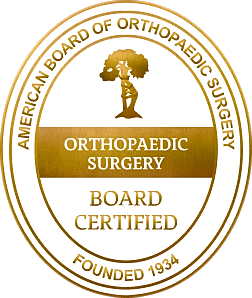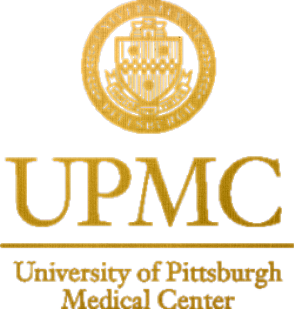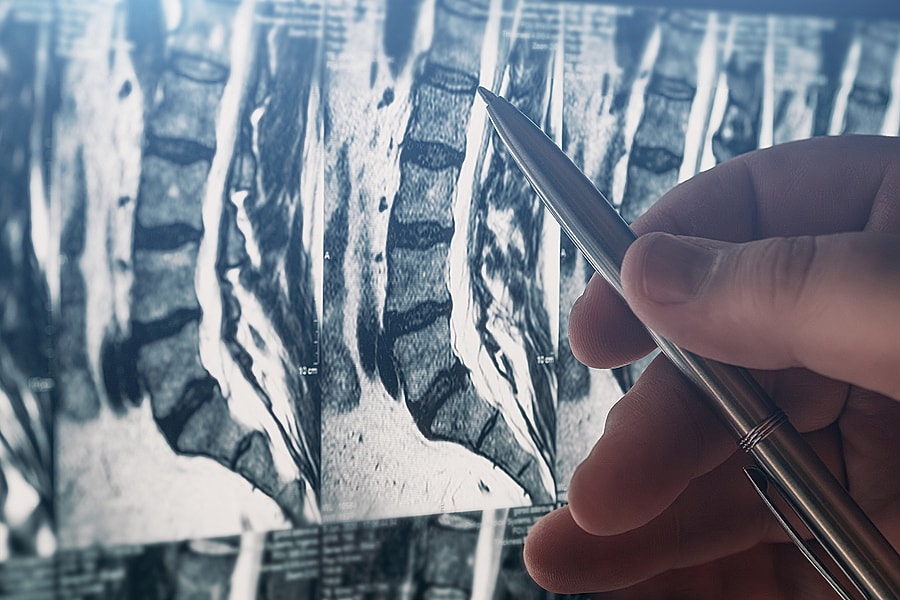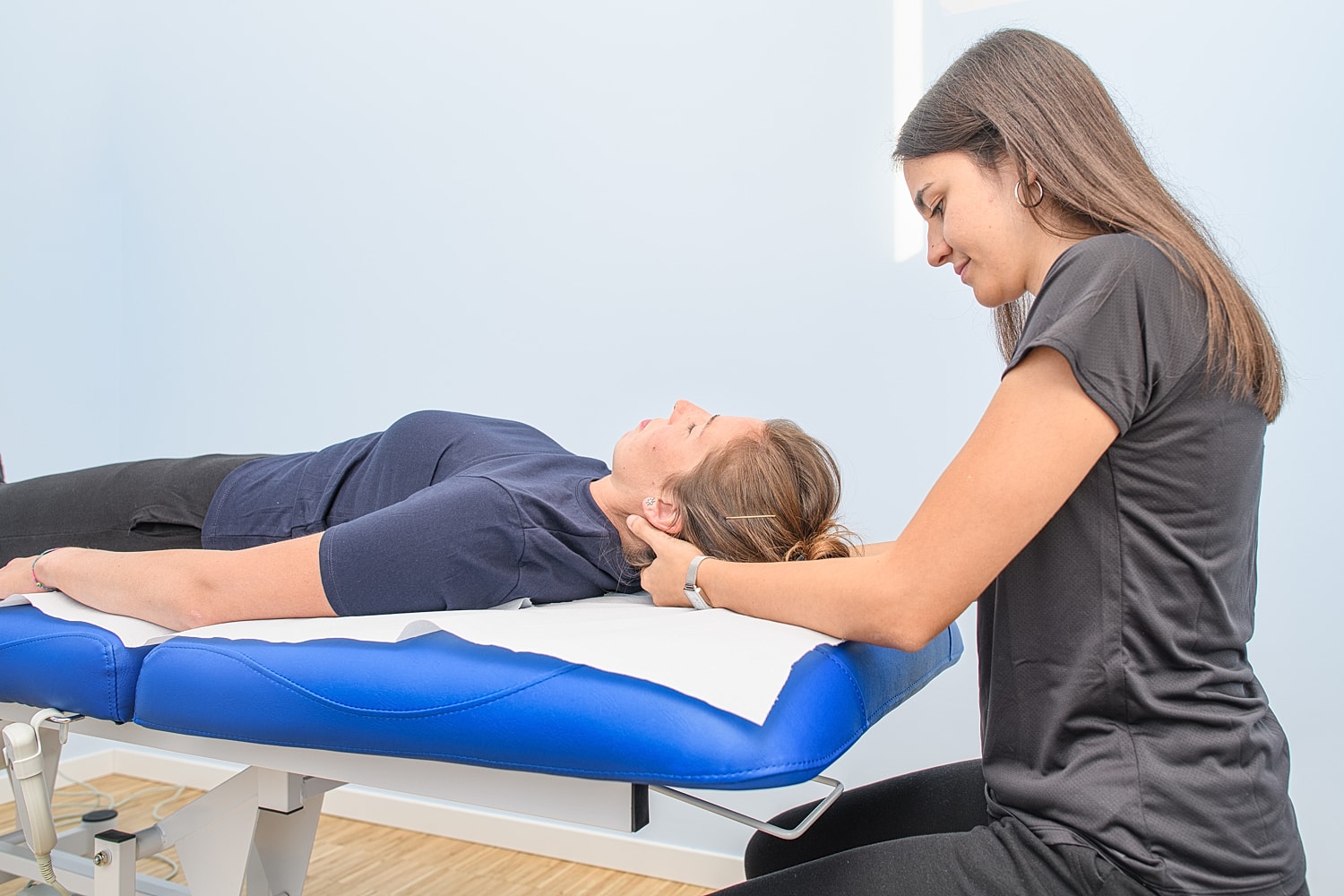
in New York & New Jersey

















Neck pain may start as a dull ache or stiffness, but over time, it can affect your posture, limit your movement, and disrupt your quality of life.
Whether the result of poor posture, repetitive strain, an old injury, or an underlying spinal condition, persistent neck pain deserves thoughtful attention. At the Institute for Comprehensive Spine Care, we understand the toll that neck pain can take on your life. From limiting your ability to work or exercise to affecting your overall quality of life, neck pain can be debilitating. Under the leadership of esteemed spine surgeon Gbolahan Okubadejo, MD, FAAOS, we are committed to utilizing a range of innovative NYC & NJ neck pain treatments and personalized care strategies to alleviate your discomfort and enhance your quality of life.
Neck pain, or cervical pain, is a prevalent issue that can vary from a mild ache to severe, incapacitating pain, often accompanied by stiffness or difficulty moving the head.
Common causes include poor posture, overuse, and strain, as well as more serious conditions such as osteoarthritis, disc disorders, or injuries like whiplash. Treatment for neck pain aims to alleviate pain, enhance mobility, and prevent recurrence. The approach often begins with conservative measures but may involve more advanced treatments for chronic or severe cases.

Neck pain is common, but persistent or worsening symptoms shouldn't be ignored, especially when they start interfering with daily activities, work, or sleep. If you're experiencing ongoing discomfort or limited mobility in your neck, it may be time to seek professional care. At The Institute for Comprehensive Spine Care, we help patients determine the root cause of their pain and develop targeted treatment plans that promote long-term relief. If you are experiencing any of the following, you may benefit from professional treatment for neck pain:
If any of these symptoms sound familiar, a thorough evaluation can help determine the best path forward, whether that's physical therapy, pain management, or, in some cases, surgical care.
Understanding the source of your neck pain is key to designing effective neck pain treatments that provide long-term relief.
During your initial consultation for neck pain treatment NYC & NJ spine surgeon, Dr. Okubadejo, will spend time learning about your individual experience - when the pain began, how it feels, and what makes it better or worse. A physical examination allows us to assess your range of motion, muscle strength, and nerve function. These first steps help us identify whether the issue may be related to muscular strain, nerve compression, or structural changes in the spine.
To get a more complete picture, we use advanced imaging tools such as X-rays, CT scans, and MRIs. These technologies allow us to examine the bones, discs, and soft tissues in and around the cervical spine - the portion of the spinal column in the neck - helping to pinpoint the exact source of your pain. By combining clinical expertise with precise diagnostic data, we’re able to design a treatment plan that truly addresses the cause of your symptoms, not just the symptoms themselves.

Neck pain treatment depends on various factors, including the cause of the pain, its severity, your overall health, and your response to initial treatments. Non-surgical neck pain treatment options focus on alleviating pain, improving mobility, and enhancing your quality of life. In certain cases, surgery may be necessary for neck pain treatment. Our experienced team, led by Dr. Okubadejo, is committed to helping you explore the possibilities and develop a personalized treatment plan tailored to your specific needs and goals.
With the right treatment plan, many patients experience significant relief from neck pain and a noticeable improvement in their daily function.
The goal of both non-surgical and surgical treatments is to reduce inflammation, relieve pressure on nerves or joints, and restore a comfortable range of motion. As pain subsides, tasks like driving, working at a desk, exercising, or simply turning your head become easier and less restrictive.
At the Institute for Comprehensive Spine Care, we recognize that successful neck pain treatment extends beyond the medical procedures themselves. Our holistic approach encompasses personalized rehabilitation programs and post-treatment care to facilitate your recovery. Collaborating with adept physical therapists, we will devise a bespoke rehabilitation plan that promotes healing, reinstates functionality, and minimizes discomfort. Throughout your recovery journey, our team will offer guidance and support, ensuring the most favorable outcomes.
At our various facilities across NY and NJ, the Institute for Comprehensive Spine Care stands as your partner in tackling neck pain.
Dr. Okubadejo is committed to conducting a thorough assessment of each patient’s unique situation, formulating the most effective treatment plan that may involve non-surgical methods, advanced therapies, or surgical procedures. The foundation of effective treatment is an accurate diagnosis. To achieve this, we utilize cutting-edge diagnostic technologies to pinpoint the source and intensity of your neck pain. The combination of these sophisticated tools and our vast expertise enables us to create a personalized treatment strategy that addresses your specific needs and objectives.
Embark on your journey to effective relief by scheduling a consultation with us today. Count on our expert knowledge and compassionate approach as we aim to alleviate your symptoms and restore your overall well-being to its prime state.
Dr. Okubadejo has hundreds of 5-star reviews.
From first consultation to post-op follow-up, Dr. Okubadejo’s 5-star reviews reflect trust earned through expert, compassionate care.
★★★★★






Certain factors can increase your risk of developing neck pain, such as age, poor posture, lack of regular exercise, excess body weight, diseases like arthritis, and whiplash injuries.
Symptoms of neck pain can vary but often include muscle aches, shooting or stabbing pain, pain that radiates down the arm, and limited flexibility or range of motion. It is important to note that these symptoms may also be associated with other conditions, so a proper medical evaluation is necessary.
Yes, certain lifestyle changes can contribute to managing neck pain. These include maintaining a healthy weight, engaging in regular physical activity to strengthen the neck muscles and promote flexibility, practicing good posture, using ergonomic furniture and tools, avoiding prolonged sitting or looking down at phones, and managing stress levels.
While not all neck pain can be prevented, certain measures can reduce the risk. These include maintaining a healthy weight, staying active, practicing good posture, lifting objects correctly, and having regular check-ups.
Surgery is generally considered only when conservative treatments have not provided relief and if the pain is severe and debilitating. It might be an option if you have a herniated disk, cervical spinal stenosis, or other conditions causing nerve compression.
Recovery time for neck pain varies depending on the cause and individual factors. In many cases, neck pain improves with conservative treatments within a few weeks to a few months. However, the duration of recovery can be influenced by factors such as the severity of the condition, individual healing ability, adherence to treatment recommendations, and any underlying medical conditions.


